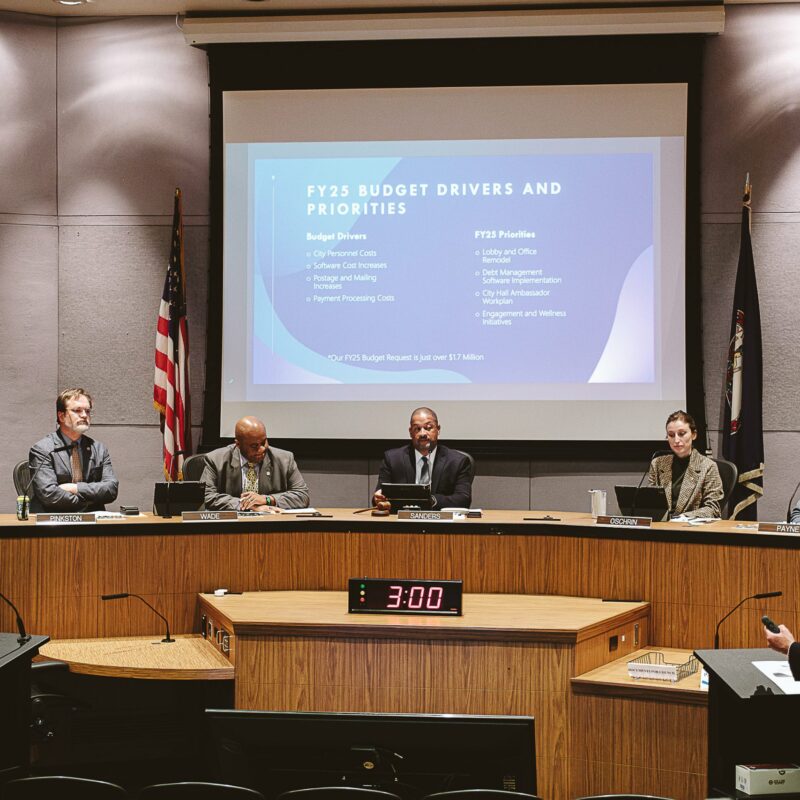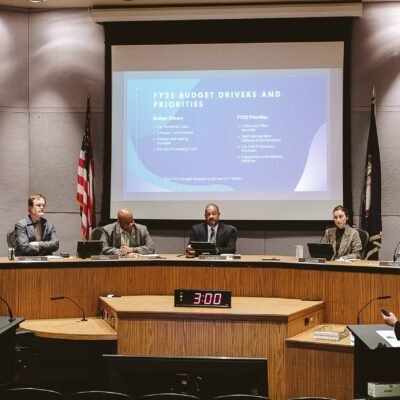Never one to be late to the party when Harvard and Princeton are involved, on September 25, UVA became the third school in the country and the nation’s only public school so far to abolish its early decision admissions program. After studying its early admissions program, the University concluded that it’s unfair to minority students and students requiring financial aid.
Since the 1960s, UVA had had binding early decision, in which students apply by an early deadline and pledge to attend if accepted. Harvard got rid of its early decision program on September 12, and Princeton nixed theirs on September 18. All three schools determined early decision candidates tend to be white and more affluent.
But UVA’s Dean of Admissions John A. Blackburn says he “wouldn’t describe most people accepted in early decision as wealthy.” They just don’t qualify for financial aid.
Either way, early decision has been deemed, by three universities, at least, to be unfair. “If you would call around, talk to any admissions dean who has early decision or early action, [the applicants are] a very homogeneous group,” Blackburn says.
In the past, UVA has accepted 30 percent of its incoming class from the early decision pool, who face a 40 percent acceptance rate. (At 36 percent, UVA’s overall acceptance rate actually isn’t much lower.)
The move appears to be in step with UVA’s growing AccessUVA program, one of the nation’s most aggressive financial aid initiatives, which offers grants to students whose families earn twice the poverty level or less (or $40,000 for a family of four). Now, the administration hopes the playing field will be leveled in admissions as well.
The admissions shift doesn’t come as a total surprise—Blackburn was less critical than many admissions deans about dropping early decision in a September 13 Washington Post article following Harvard’s decision. Deans from other universities quoted in the piece pointed out that schools without the prestige of the top-tier use early decision to cement their applicant pools with solid students who have pledged to enroll.
The switch will affect students entering UVA in 2008, so that after this year, all of UVA’s undergraduate applications will have the same due date of January 1. Blackburn says the University will have to offer admission to more people in order to guarantee their class size.
This could have the effect of driving UVA’s acceptance rates up, negatively affecting college rankings. Blackburn says UVA’s acceptance rates may appear less competitive in the future, but, he says, “we don’t think that it’s going to have any serious impact on what we do. Besides, we think this is the right thing to do no matter what any ranking magazine says about it.”





